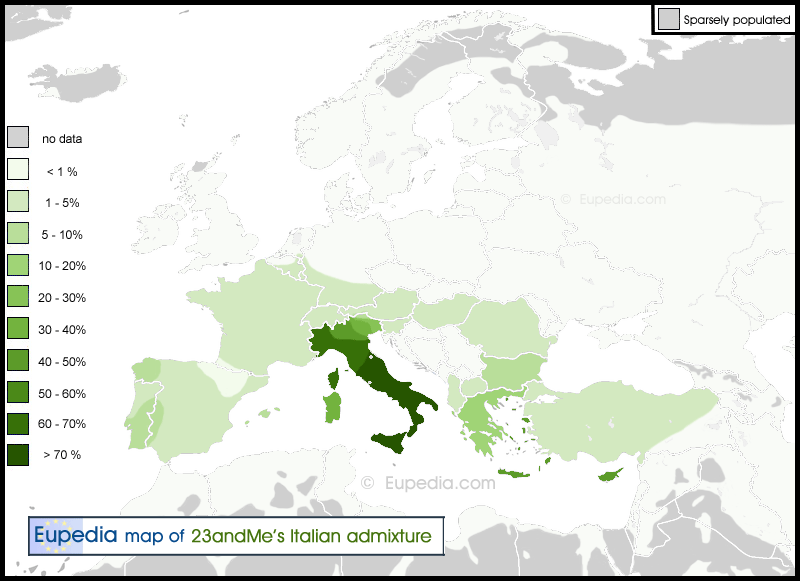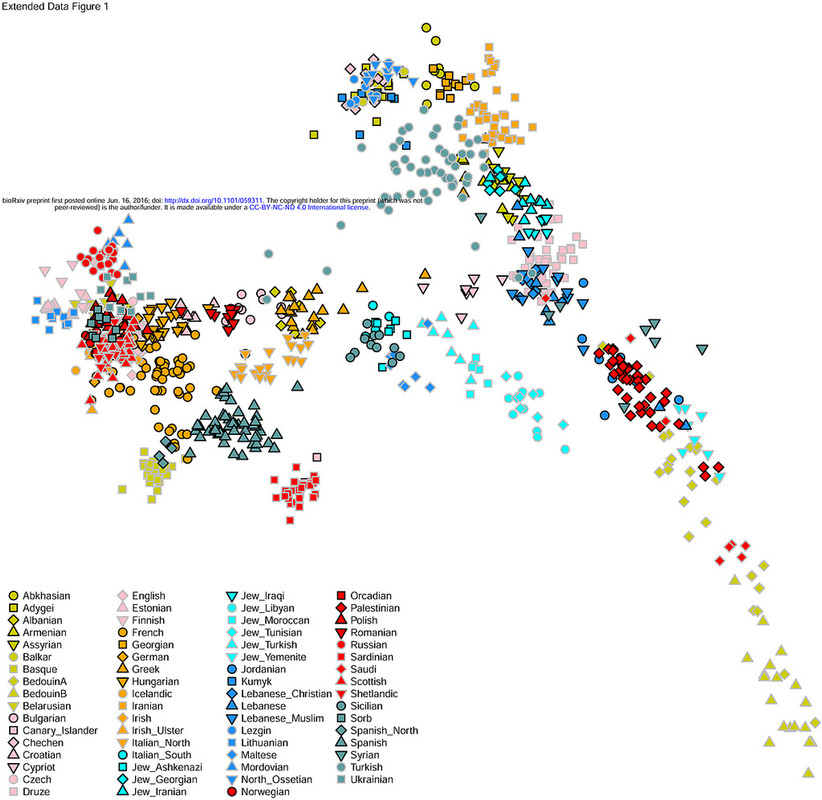We do not know exactly how the ancient Romans pronounced Latin. But thanks to reconstructive linguistics, it is thought that:
- the letter c was always a hard c (like k). Likewise g's were always hard as in good, never as in giant or gist.
- the t was always a hard t even in words ending in -tia or -tio (not -sia or -sio).
- the letter h was pronounced, unlike in modern Romance languages.
- the letter v was a 'oo' (as in wood) of 'w' sound, not a v.
- the gn was pronounced as g + n like in English, not ny like in French and Italian.
- ae was a diphthong sounded like the word 'eye' in English.
So Caesar was pronounced "Kaizar" and via would have been "wia" (closer to the English 'way').
There is a full guide on WikiHow. Church Latin (ie Medieval Latin) is a bit different and also explained in that guide.
I learned a bit of Latin in secondary school., and even though we learned classical texts the pronunciation we were taught was the ecclesiastical one, which is completely different from the classical one and much more similar to modern Romance languages. I never understood the point of learning Cicero in ecclesiastical/medieval Latin.
However I have a hard time to believe that v as a consonant was always a w sound. Imagine veni, vidi, vici sounding like weni, widi, wiki. That's just odd. How about Ave? Was it pronounced something like ah-way? I think it may have depended on the word. It would be much to hard to pronounce words like Patavium if the v was a w.
- the letter c was always a hard c (like k). Likewise g's were always hard as in good, never as in giant or gist.
- the t was always a hard t even in words ending in -tia or -tio (not -sia or -sio).
- the letter h was pronounced, unlike in modern Romance languages.
- the letter v was a 'oo' (as in wood) of 'w' sound, not a v.
- the gn was pronounced as g + n like in English, not ny like in French and Italian.
- ae was a diphthong sounded like the word 'eye' in English.
So Caesar was pronounced "Kaizar" and via would have been "wia" (closer to the English 'way').
There is a full guide on WikiHow. Church Latin (ie Medieval Latin) is a bit different and also explained in that guide.
I learned a bit of Latin in secondary school., and even though we learned classical texts the pronunciation we were taught was the ecclesiastical one, which is completely different from the classical one and much more similar to modern Romance languages. I never understood the point of learning Cicero in ecclesiastical/medieval Latin.
However I have a hard time to believe that v as a consonant was always a w sound. Imagine veni, vidi, vici sounding like weni, widi, wiki. That's just odd. How about Ave? Was it pronounced something like ah-way? I think it may have depended on the word. It would be much to hard to pronounce words like Patavium if the v was a w.
Last edited:



